
In 'Skin in the Game: Hidden Asymmetries in Daily Life,' Nassim Nicholas Taleb delves into the concept of having a personal stake in the decisions we make. Through engaging storytelling and incisive analysis, Taleb explores how asymmetrical risks and imbalances impact various aspects of our lives, from business and politics to science and ethics. He challenges readers to reevaluate their understanding of risk, accountability, and expertise. With his signature wit and provocative style, Taleb offers thought-provoking insights on navigating an uncertain world with integrity and resilience. This book is a compelling and enlightening read for those seeking a deeper understanding of the consequences of our actions.
About Nassim Nicholas Taleb
Nassim Nicholas Taleb is a Lebanese-American philosopher, statistician, and former trader known for his work on uncertainty, risk, and decision-making. He is the author of The Black Swan, part of his multi-volume series Incerto, which explores the limits of prediction, randomness, and human bias. Taleb challenges traditional economic and statistical thinking, advocating for systems that are “antifragile”—those that benefit from volatility and stress. His writing combines mathematical theory with philosophy and real-world examples, making him a provocative voice in finance, economics, and complex systems analysis. Taleb’s work has had a major impact on how people think about risk.
Other Books by Nassim Nicholas Taleb
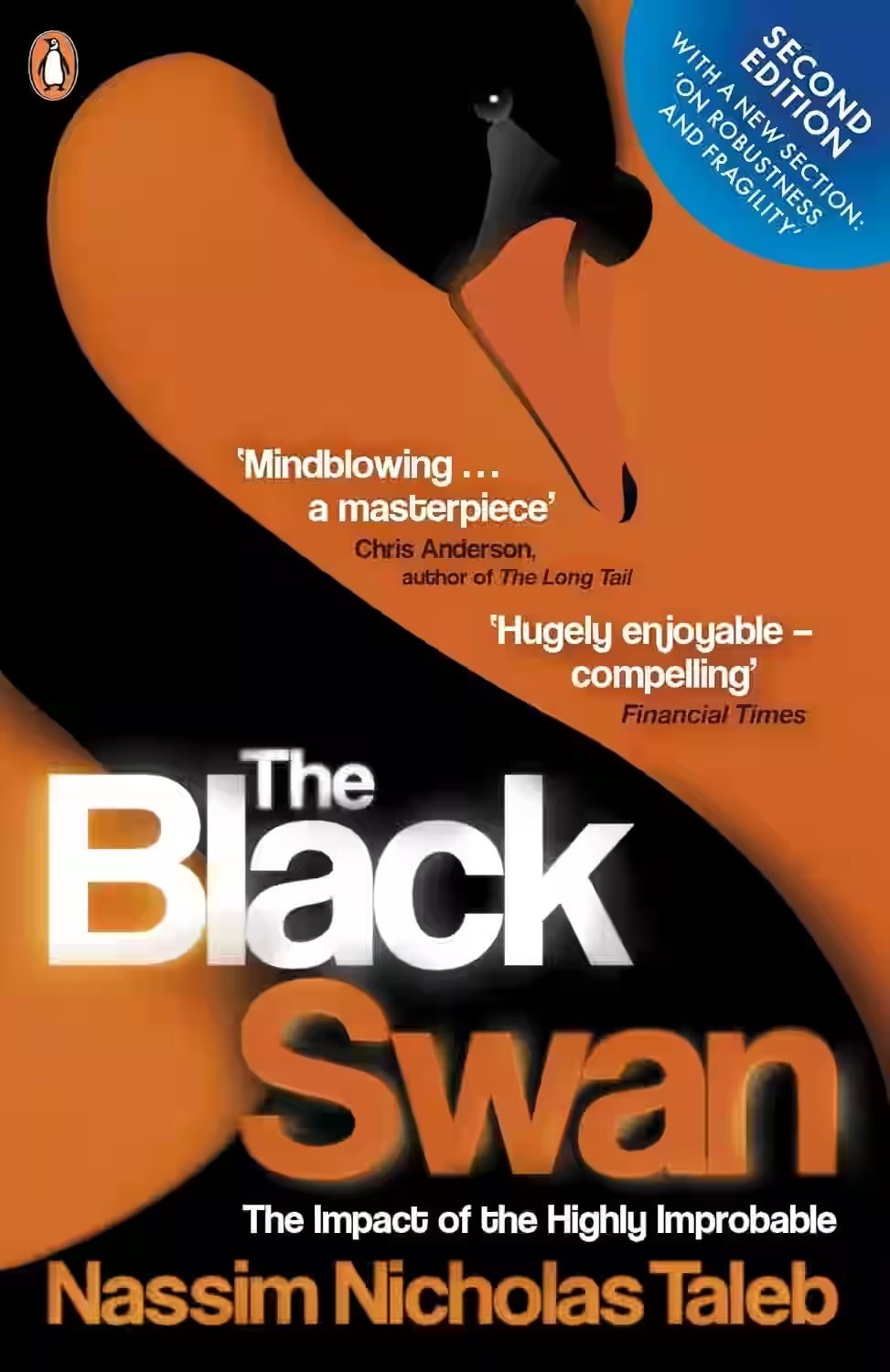
The Black Swan
Series: Incerto (#2)
The Black Swan explores the profound impact of rare, unpredictable events—what Taleb calls “Black Swans”—that lie outside normal expectations but have massive consequences. The book challenges traditional forecasting and risk models, arguing that humans consistently underestimate uncertainty. Taleb illustrates how randomness and surprise shape history, from financial markets to scientific breakthroughs, and advocates for antifragility—systems that benefit from disorder. Combining philosophy, probability theory, and anecdotal insight, The Black Swan is a provocative critique of modern thinking and a call to embrace humility in the face of complexity. It’s a transformative read for anyone making decisions in uncertain environments.
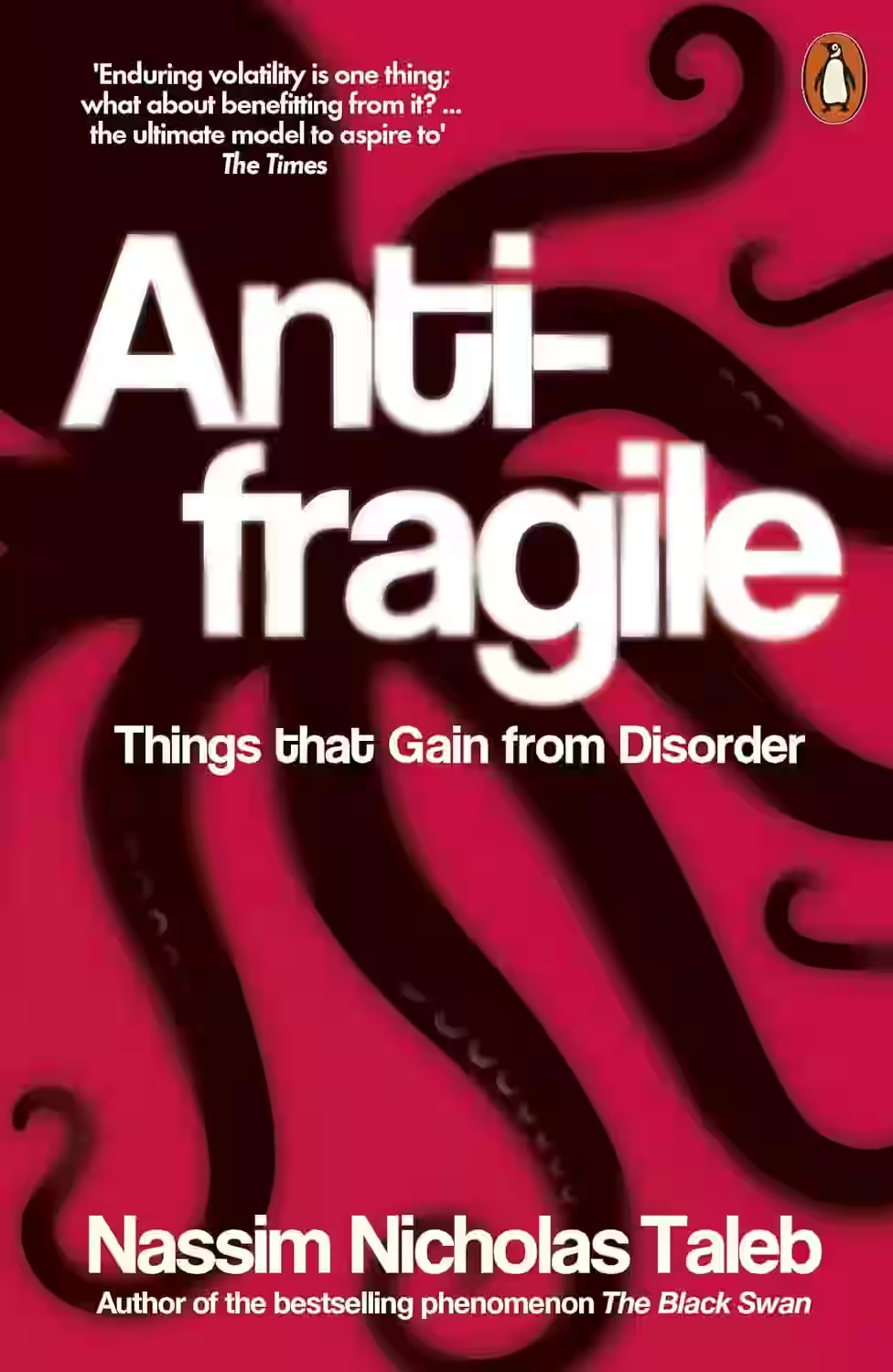
Antifragile: Things That Gain from Disorder
In 'Antifragile: Things That Gain from Disorder,' Nassim Nicholas Taleb explores the concept of antifragility - the idea that some systems not only withstand chaos and unpredictability but actually thrive from it. Using a blend of philosophy, anecdotes, and practical examples, Taleb challenges the conventional notion of resilience and proposes that embracing randomness and disruption can lead to superior outcomes. Through engaging prose and thought-provoking ideas, the author encourages readers to reevaluate their understanding of risk, stability, and progress. This book offers a fresh perspective on how individuals and societies can benefit from disorder, making it a compelling read for anyone interested in personal development or systemic resilience.
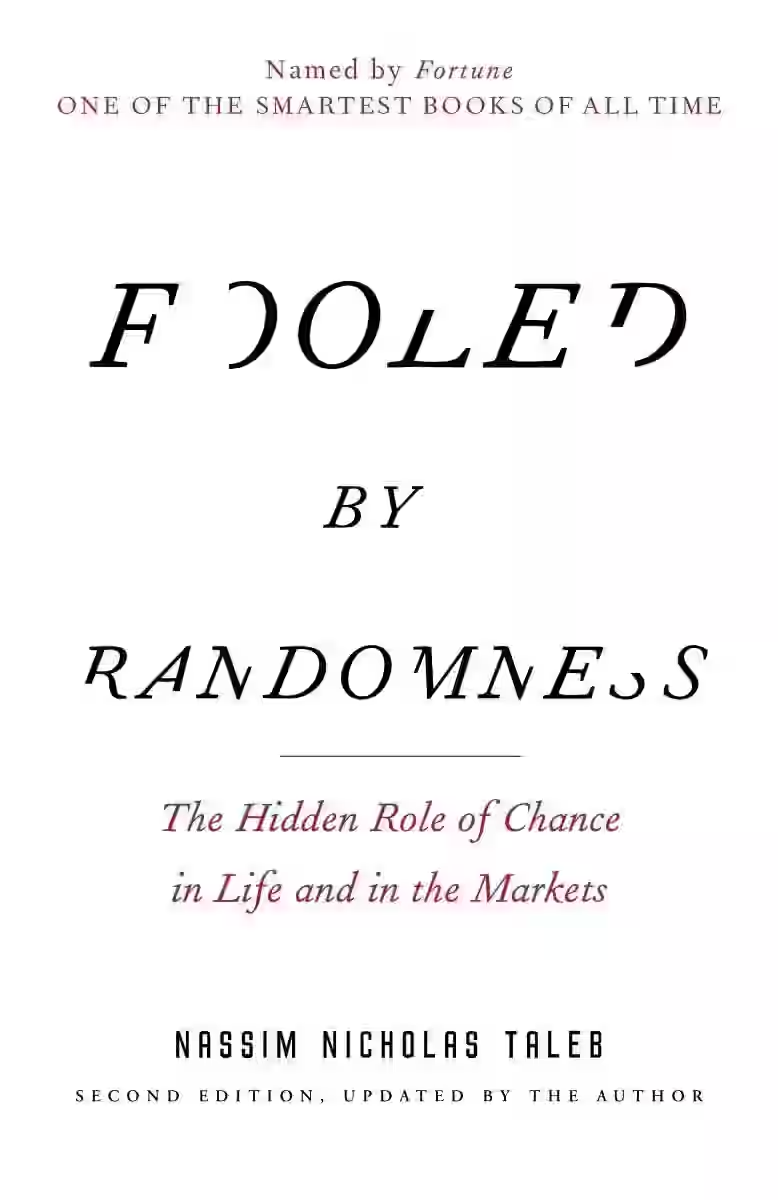
Fooled by Randomness: The Hidden Role of Chance in Life and in the Markets
In 'Fooled by Randomness,' Nassim Nicholas Taleb explores the intricacies of chance, luck, and randomness in our lives and in financial markets. Through a blend of anecdotes, insights, and mathematical models, Taleb challenges the conventional wisdom surrounding success and failure, arguing that random events play a larger role than we often acknowledge. By delving into the concepts of survivorship bias, overconfidence, and the narrative fallacy, Taleb encourages readers to reevaluate their understanding of risk and uncertainty. This thought-provoking book prompts reflection on how we perceive and navigate randomness, offering valuable lessons for decision-making in various spheres of life.
Similar Books
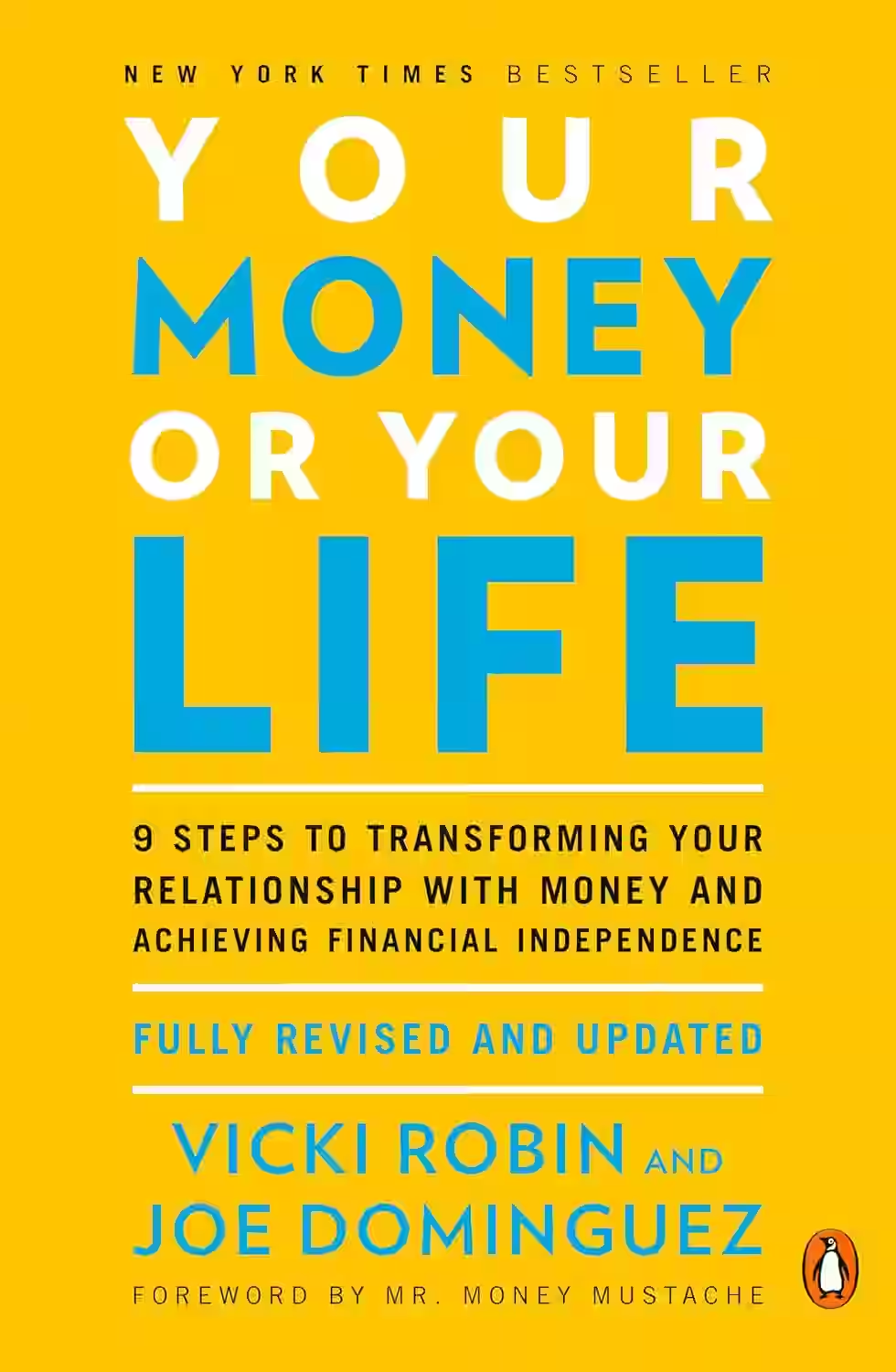
Your Money or Your Life
by Vicki Robin
In 'Your Money or Your Life' by Vicki Robin, readers are taken on a transformative journey towards financial independence and mindful living. The book challenges conventional beliefs about money, encouraging readers to reassess their relationship with finances and prioritize what truly matters in life. Through practical advice and thought-provoking exercises, Robin presents a step-by-step guide to achieving financial freedom and aligning spending habits with personal values. This seminal work resonates with readers due to its timeless wisdom and empowering message, making it a must-read for anyone seeking to gain control over their finances and live a more fulfilling life.
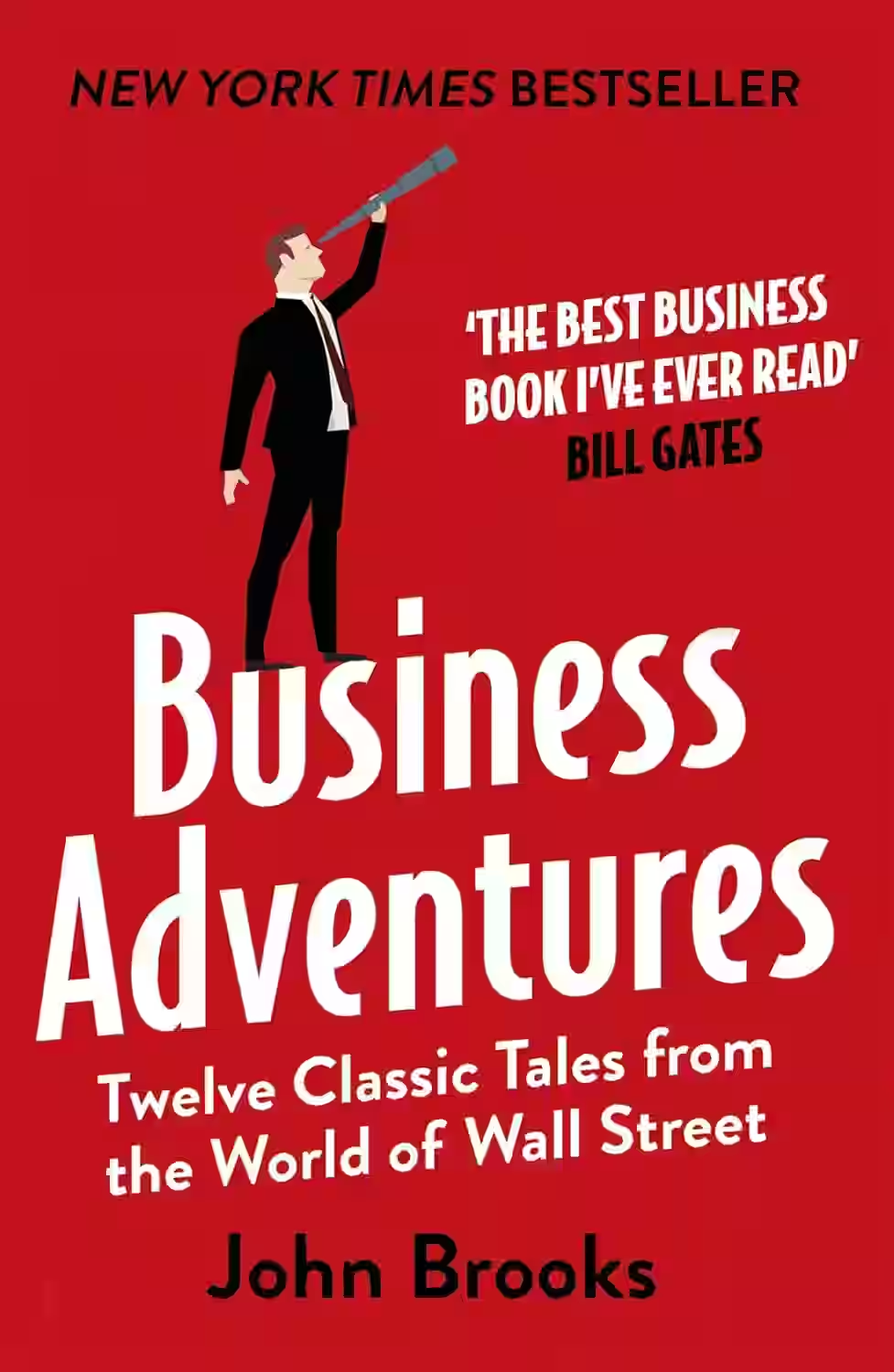
Business Adventures
by John Brooks
In 'Business Adventures,' John Brooks delves into the intriguing world of business through a collection of twelve riveting tales that explore the highs and lows of corporate America. Through detailed narratives of various business events, Brooks sheds light on timeless lessons that remain relevant in today's business landscape. From the rise and fall of giants like Ford and Xerox to the financial intricacies of the stock market crash in 1962, this book offers valuable insights into the essence of entrepreneurship, management, and decision-making. Brooks' storytelling prowess and keen observations make 'Business Adventures' a classic that continues to captivate and educate readers.

The Road to Serfdom
In 'The Road to Serfdom', Friedrich Hayek delivers a powerful critique of socialism, arguing that planned economies inevitably lead to authoritarianism and loss of individual freedoms. Through lucid prose and compelling arguments, Hayek warns against the dangers of central planning and advocates for free-market capitalism as a safeguard against tyranny. He explains how government intervention in the economy can erode personal liberty and stifle innovation. This influential work continues to shape political and economic discourse, challenging readers to reconsider the role of the state in society. 'The Road to Serfdom' remains a thought-provoking and relevant read for anyone interested in the intersection of politics and economics.

Cashing in on the American Dream
In 'Cashing in on the American Dream' by Paul Terhorst, the author challenges the conventional idea of working endlessly to retire comfortably in old age. Terhorst encourages readers to question the prevailing norms of the American Dream and instead opt for a simpler, more fulfilling life by retiring early. Through personal anecdotes and practical financial advice, Terhorst presents a roadmap for achieving financial independence and living life on one's own terms. The book delves into themes of frugality, minimalism, and mindful spending, emphasizing the importance of valuing experiences over material possessions. 'Cashing in on the American Dream' inspires readers to reassess their priorities and strive for a more meaningful existence.